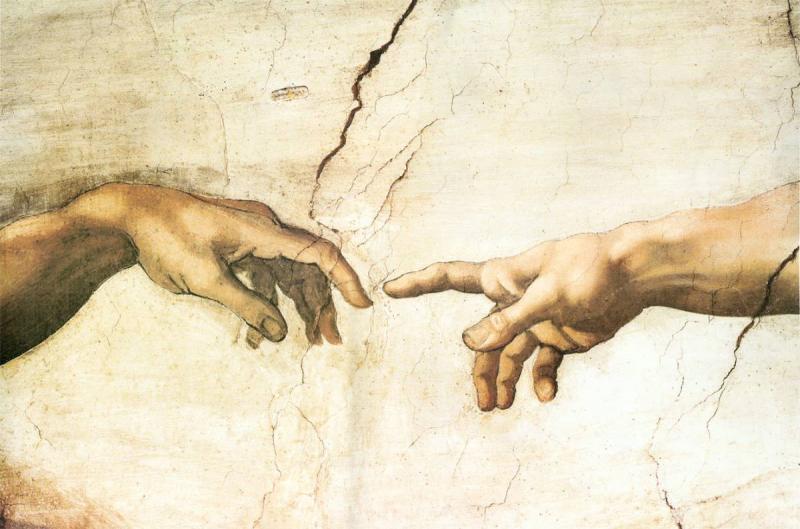Words by Pat Eggleton
Masculine nouns ending in –o form their plural in – i:
il libro – i libri
un arco - gli archi
Masculine nouns ending in unstressed – a [-a without an accent] also form their plural in – i:
il sistema – i sistemi
Feminine nouns ending in unstressed – a form their plural in – e:
la signora – le signore
Masculine and feminine nouns ending in – e form their plural in – i :
il signore – i signori
l’automobile – le automobili
So far, so good? There are, of course, some exceptions and irregularities:
L’artista [masculine] – gli artisti
La mano – le mani [hand – hands]
L’uomo [the man] has an irregular plural – gli uomini [the men]
Also note:
L’amico [masculine] – gli amici
L’amica [feminine] – le amiche
L’uova [egg] becomes le uova in the plural.
As we have seen, words ending in accented vowels and words of foreign origin don’t change in the plural. Words which are abbreviations don’t change, either:
La foto – le foto
Now try to form the plural of the words in this exercise:
1 . un ragazzo – dei ________.
2 . una ragazza – delle ______.
3 . una studentessa – due ________.
4 . la madre – le ______.
5 . il nome – i ______.
6 . la festa – le ______.
7 . il mese – i ______.
8 . un caffè – due _____.
9 . la possibilità – le ________.
1 0 . l’auto – le ______.













